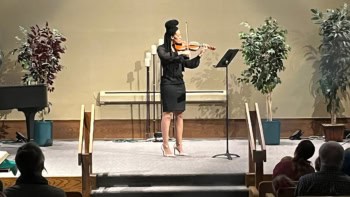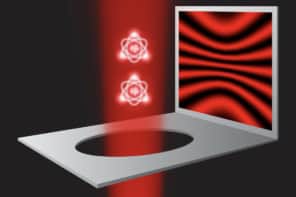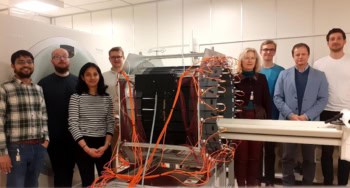A collaboration that involves physicists from six European countries and the US has been awarded part of the European Union's Descartes prize for research for their work on quantum cryptography. They share the €1m prize with life scientists studying mitochondrial DNA.
The IST-QuComm collaboration is made up of research groups in Sweden, Germany, France, Switzerland, Austria and the UK, plus a team at the Los Alamos National Laboratory in the US. Quantum cryptography allows two parties to share a secret “key” that could make communications between them much more secure than existing cryptographic techniques by encoding the key with single photons. Any attempts by a third party to eavesdrop on the communications can be readily detected. Quantum cryptography could have applications in electronic communications, e-banking and e-voting.
Progress in quantum cryptography and related areas – such as entanglement and teleportation – has been rapid in recent years. Last year, for instance, physicists at the University of Vienna succeeded in sending entangled photons 600 metres across the river Danube, while a group at the University of Geneva recently demonstrated quantum teleportation at telecom wavelengths through a 4-kilometre optical fibre cable. The IST-QuComm consortium also performed the first ever quantum cryptographic bank transfer over a 6-kilometre fibre link in Vienna this summer.
The prizes were awarded in Prague today by Janez Potocnik, EU commissioner for science and research.


